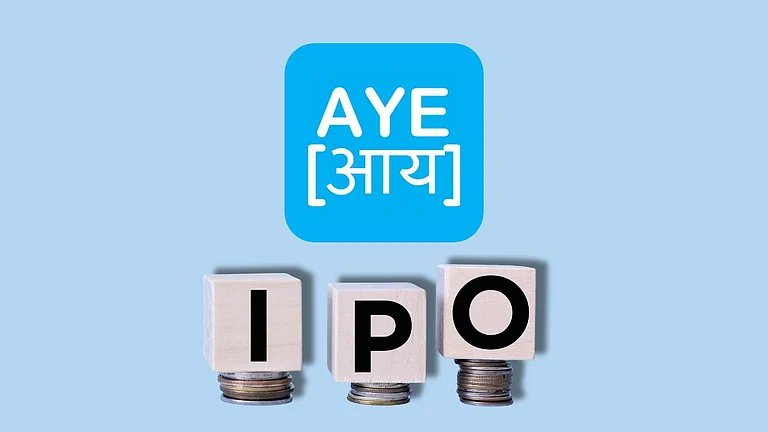Banks are quick to pass on the burden of RBI repo rate hikes to borrowers, including home loan customers. Due to higher lending costs, most banks have reduced the maximum loan eligibility to keep the equated monthly installments (EMIs) within the “repayable” range.
Given this situation, more borrowers may be looking out for banks that offer lower home loan interest rates, and last week’s rate cuts by the Bank of Baroda and Bank of Maharashtra offer some respite.
However, borrowers should consider a few factors before deciding to transfer their existing home loans to another bank.
Things To Consider
When applying for a home loan balance transfer to another bank, they must consider its interest rates. The overall loan cost would reduce when the interest rates come down. However, there are other factors to consider.
For example, what happens if the loan term is longer? In that case, the loan cost may increase.
So it is vital to calculate the total repayment amount, total cost, and savings before opting for a balance transfer. The expenses may include fees, stamp paper costs, processing charges, etc. So, calculate how much money you could save while transferring the loan balance.
Opting for a balance transfer can improve your credit score if your EMI gets reduced. Note that multiple loan applications won’t weaken your credit score.
Debashis Chatterjee, director of financial consulting firm Good life solutions, says, “Multiple applications within a short time will not have any bearing on your credit score; rather, it will improve if you repay the loan amount timely.”
Adds James George, director of the Centre for Management and Financial Assistance, “Banks that offer lower rates are always a good choice since the additional costs are not too high. However, a borrower should always calculate the total repayment amount before opting for a balance transfer.”
Since RBI has ruled that banks cannot charge borrowers a prepayment penalty for foreclosing a floating interest rate loan, most borrowers are protected.
However, if your existing bank charges prepayment penalties, you may have to pay that fee before executing a balance transfer. Also, remember to enquire about the types of interest rates,
whether fixed, floating, or reducible rates. Be sure to consider each type of interest rate's pros and cons and read other terms and conditions carefully.
If you are considering loan foreclosure, check the charges levied by the prospective lenders before transferring the loan account to another bank.













